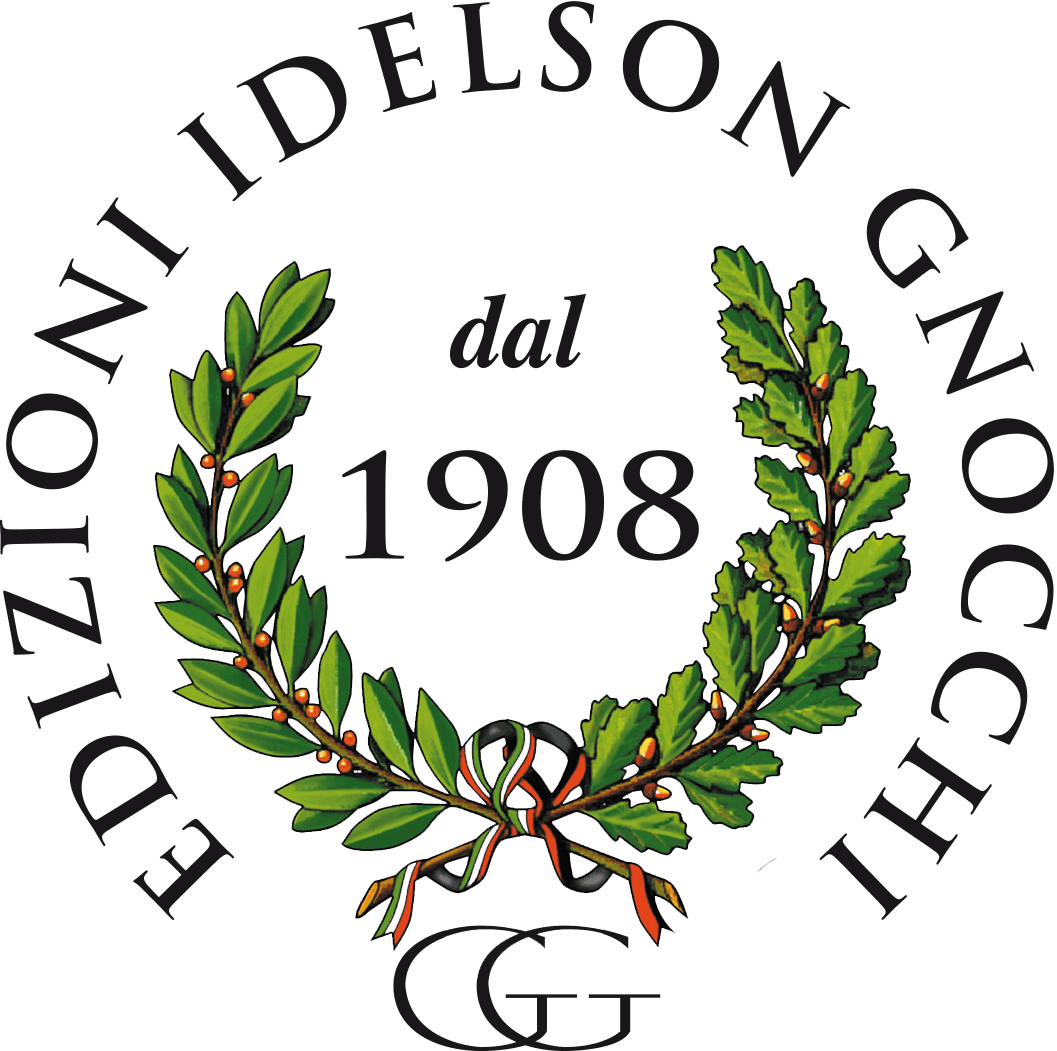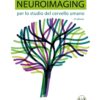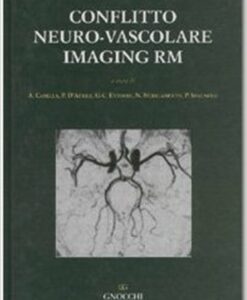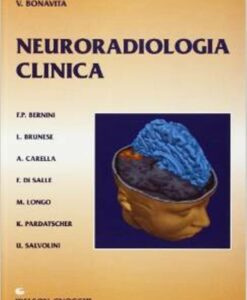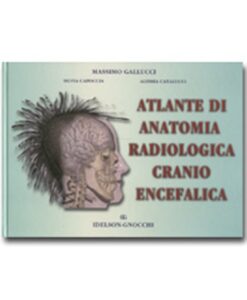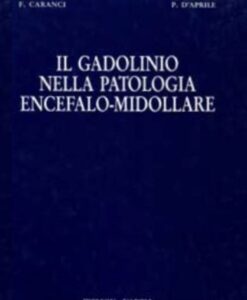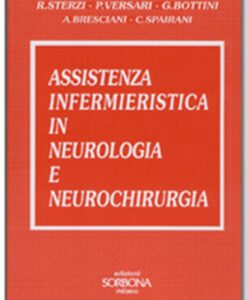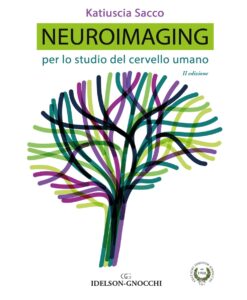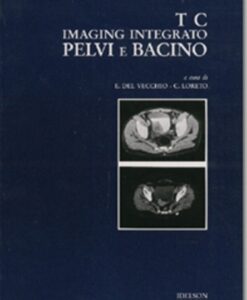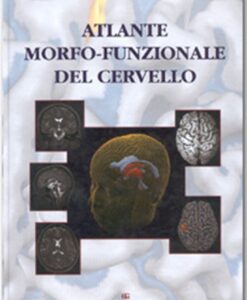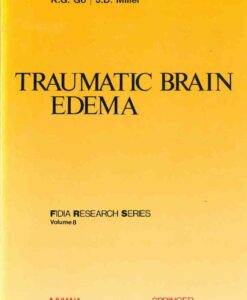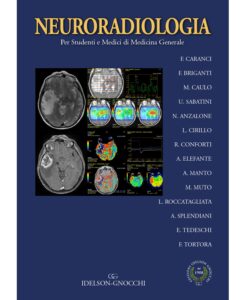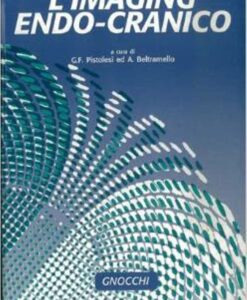Clinical Philosophy of Neurosurgery
65,00€
Formato 17,5×25
Disponibile
A concept of “philosophy of neurosurgery” includes genesis, meaning and purpose of neurosurgery as a clinical discipline and an integral part of neuroscience, its basic principles, trends of and patterns of research and treatment of CNS pathology. It also covers interdisciplinary links and understanding the role and methods of emergence of scientific, clinical, technological and humanitarian knowledge related to neurosurgery, as well as neurosurgeons’ worldview.
The book shows philosophy of the founders of neurosurgery. Philosophy of neurosurgery is realized in clinical practice through clinical judgement and conceptual approaches to interventions on brain and spinal cord.
The discipline-making factors, methodology of diagnosis in neurosurgery, a concept of stages of clinical course of head injury (phasnost’), multi-dimensional classification of head injury, and doctrine of its sequelae are presented.
A particularly stress is made upon problems of ethics and humanism in neurosurgery. Ethical dilemmas in neurosurgery are revealed and options for conflict resolution are analyzed. The importance of philosophical approach for development of preventive neurosurgery and resisting a syndrome of doctor-patient disconnection is established. It is claimed that a philosophy of neurosurgery helps to view it as one specialty despite of its technologization and differentiation. It also fosters systemic approach to a patient.
The book is illustrated; each of 10 chapters has bibliography.
It is a joint work of authors from Russia and USA. The book is aimed at neurosurgeons, neurologists, traumatologists, intensive care specialists, radiologists and all those who are interested in a history and philosophy of medicine.
Introduction
Chapter 1. Factors of emergence of neurosurgery as a clinical specialty
by Boleslav Lichterman
Chapter 2. Philosophical foundations of Harvey Cushing’s and Walter Dandy’s neurosurgical work
by Donlin Long
Chapter 3. Classification of head injury
by Leonid Likhterman
Chapter 4. Doctrine of head injury sequelae
by Leonid Likhterman, Alexander Potapov, Alexander Kravchuk, Vladimir Okhlopkov
Chapter 5. Concept of phasic character of clinical course of traumatic brain injury
by Leonid Likhterman
Chapter 6. Methodology of diagnosis in neurosurgery
by Leonid Likhterman
Chapter 7. Clinical judgement in neurosurgery
by Leonid Likhterman
Chapter 8. Conceptual approaches to neurosurgical treatment
by Leonid Likhterman
Chapter 9. Preventive neurosurgery: philosophy and practice
by Leonid Likhterman
Chapter 10. Neuroethics and controversies of contemporary neurosurgery
by Leonid Likhterman and Boleslav Lichterman
Conclusion. A tree of philosophy of neurosurgery
by Leonid Likhterman
| Autore/i | |
|---|---|
| Editore | |
| Lingua | |
| Anno |
Copia saggio Docenti
“La concessione di saggi da parte della Casa Editrice, essendo come ben potrete capire un onere aziendale non indifferente, può essere concessa unicamente nel caso di titolarità di cattedra o corso di insegnamento pertinente; per tale ragione la concessione richiede la completa risposta ai quesiti elencati sul modulo.”
Prodotti correlati
Diagnostica per Immagini
Formato 17x25 di pagine X-78 con 129 figure a colori e b/n - Cartonato
Diagnostica per Immagini
Diagnostica per Immagini, Neuroradiologia
Anatomia Umana
Formato 30x21 di pagine XII-368 e con 891 figure a colori ed in b/n - Cartonato
PREZZO DI COPERTINA DA € 175,50 a € 120,00
Diagnostica per Immagini
Formato 17x24 di pagine VIII-92
Neurochirurgia
Collana di Medicina Narrativa a cura di Luciano Vettore e Maria Stella Padula Formato 14x24 di pagine 104
Infermieristica
Formato 17x24 di pagine XVIII-374. Illustrato
Neurochirurgia
Formato 18x25,5 di pagine XVIII-246 con 100 figure a colori.
![]() Sfoglia il libro
Sfoglia il libro
Diagnostica per Immagini
Formato 17x24 di pagine XII-188 con 125 figure e 19 tabelle
Anatomia Umana
Formato 21x30 di pagine XVI-146 - Cartonato
Emergenze Medico-Chirurgiche
Formato 17x24 di pagine XII-188 con 13 figure e 7 tabelle - Cartonato
Diagnostica per Immagini
Diagnostica per Immagini
Formato 17x25 di complessive pagine 1135 con 135 figure a colori e 1120 in b/n - 2 Volumi rilegati in seta
